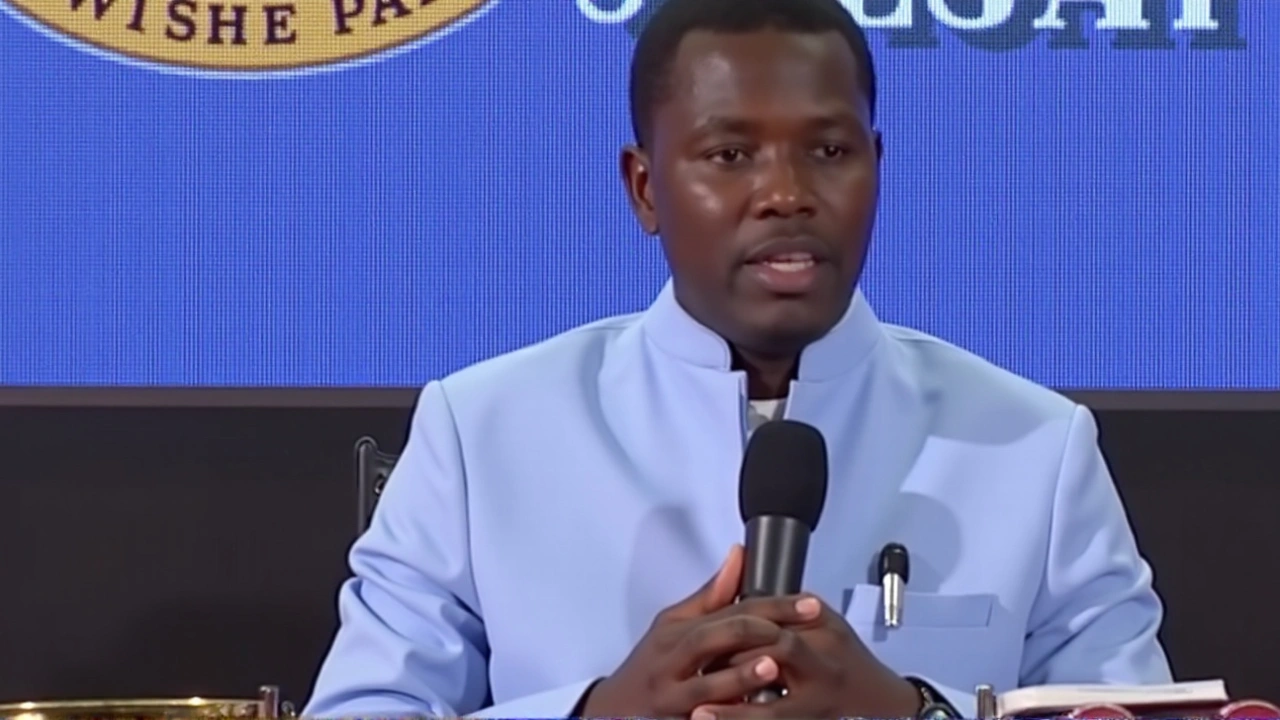Gender identity: what it means and why it matters in Africa
Gender identity is about how someone sees themselves — as man, woman, both, neither, or somewhere else on the gender spectrum. It isn't the same as sexual orientation. That difference matters when we talk about laws, health services, and everyday safety. Across Africa, conversations about gender identity are growing fast. Some countries are moving toward legal recognition and healthcare access, while others still punish people for expressing gender freely.
On-the-ground realities
If you live in or report from Africa, you’ll see big differences from one place to another. In a few countries, trans and non-binary people can change their legal documents and access gender-affirming care. In many others, people face harassment, job loss, family rejection, and police violence. Healthcare systems often lack training and supplies for gender-affirming care, and mental health services are scarce. These gaps make everyday life risky for people whose gender identity doesn't match local expectations.
Media coverage shapes how the public understands gender identity. Good reporting uses correct names and pronouns, avoids sensational language, and centers the voices of the people affected. Bad reporting spreads myths and increases harm. If you’re a journalist, ask yourself: have I verified terms, and have I spoken directly to community members or trusted advocates?
Practical help and rights
Looking for help? Start with local NGOs and community groups; they often offer the most relevant support, from legal aid to health referrals. If you need medical care, ask providers about confidentiality and experience with transgender or non-binary patients. For legal questions, check whether your country allows changes to identity documents and what paperwork is needed. If you face violence, document incidents safely, reach out to trusted organizations, and consider legal and medical records for evidence.
Advocacy is making a difference. Grassroots groups push for anti-discrimination laws, training for police and health workers, and school policies that protect students. Donors and governments can support these changes by funding community-led projects and by training public services to be inclusive. Small policy wins — like a clear process for changing a name or gender marker — can improve daily life quickly.
At Daily Africa Global News, we cover these stories with care. Expect news on legal changes, health access, human rights cases, and profiles of activists across the continent. If you want to contribute a tip, story idea, or a local perspective, contact our newsroom. We publish facts, firsthand voices, and practical guides so readers can understand what’s happening and where to get help.
Questions or a local update? Send it our way — accurate, respectful reporting helps change lives and keeps communities safer.

Global Moral Shift: RCCG Pastor's Arrest and Adeboye's Concern for Our Changing Times
Pastor Enoch Adeboye of the Redeemed Christian Church of God expressed concern over a decline in global morals after a church pastor was arrested for using the phrase 'ladies and gentlemen.' This was deemed discriminatory for not acknowledging all gender identities. Adeboye also shared a story about a woman calling her dog her husband as a sign of societal moral degradation.